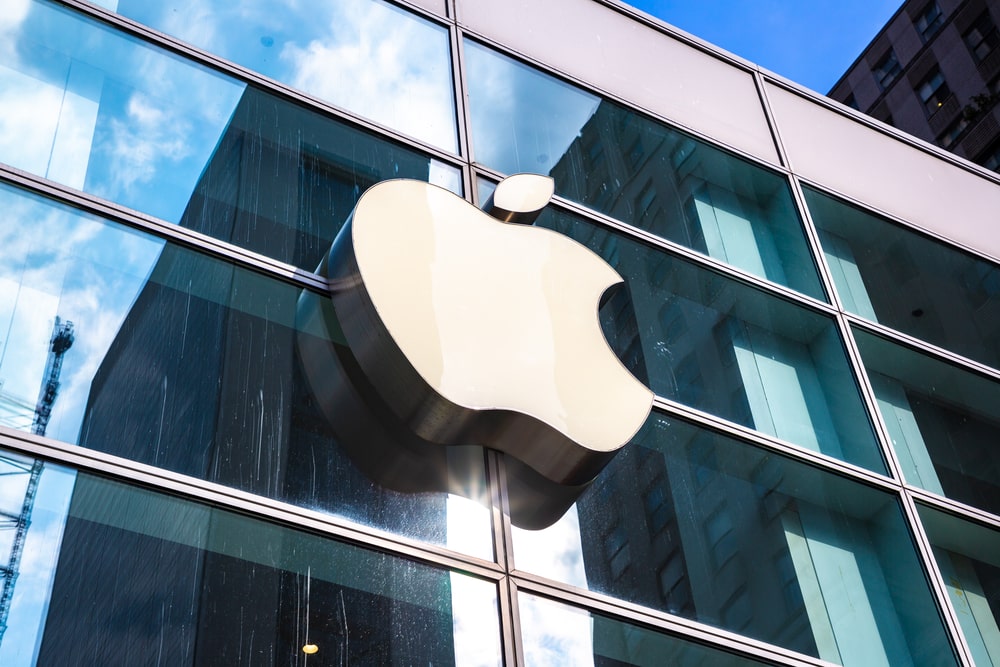Apple has surpassed Samsung to become the leading global phonemaker, capturing over 20% of the smartphone market in a historic shift. This article delves into key details from the BBC’s report on this significant industry development.
In a seismic shift in the smartphone landscape, Apple has achieved a historic milestone by surpassing Samsung, its long-standing rival, as the world’s largest phonemaker. This transformative event, highlighted in a report by BBC, marks Apple’s ascent to dominance in the global smartphone market. The International Data Corporation (IDC) data reveals compelling insights into this unprecedented achievement, and the following sections unravel the key facts, delve into nuanced details, provide analysis, and discuss the broader implications of this monumental shift.
Market Leadership Transition: Apple has secured the top spot in the global smartphone market, accounting for over 20% of phones shipped last year, according to the IDC. This momentous shift marks the first time in 12 years that Samsung has been displaced from its position as the world’s largest phonemaker.
Global Smartphone Sales Decline: The overall smartphone market experienced a decline, with nearly 1.2 billion smartphones sold last year, a more than 3% drop from the previous year. This dip, attributed to economic challenges and high interest rates during the pandemic, represents the lowest sales volume in a decade.
Apple’s Remarkable Performance: Despite the challenging market conditions, Apple, with over 234 million phones sold in 2023, demonstrated positive growth annually. The IDC hails Apple as the “biggest winner” in the smartphone arena, achieving the number 1 spot for the first time.
Challenges and Competition: Apple’s success comes despite regulatory challenges and heightened competition from Huawei, particularly in China. Huawei, despite facing restrictions, has made strides in producing its own chips. Meanwhile, Samsung faces increased competition from cheaper Android models like Transsion and Xiaomi.
Market Dynamics and Future Trends: The smartphone market is at a pivotal juncture, with a growing number of Android providers diversifying the landscape. Customers are increasingly prioritizing features such as foldable phones and AI capabilities, indicating a shift in consumer preferences and industry dynamics.
Apple’s ascendancy to the top of the smartphone market underscores its resilience and strategic prowess. The company’s ability to navigate regulatory challenges, competition, and economic headwinds sets it apart. The decline in overall smartphone sales raises questions about the industry’s trajectory, with Apple emerging as a beacon of stability and growth in turbulent times.
This shift in market leadership holds profound implications for both Apple and Samsung, influencing their future strategies and market positioning. It also reflects broader trends in consumer behavior, technological preferences, and the evolving landscape of the smartphone industry. Understanding the dynamics behind this transformation is crucial for stakeholders and consumers alike.
As Apple claims the title of the world’s largest phonemaker, the smartphone industry witnesses a momentous shift. Samsung’s longstanding reign has come to an end, signaling a new era dominated by Apple. This transition is not merely a change in market dynamics but a reflection of evolving consumer demands and the competitive landscape. The challenges and opportunities that lie ahead will shape the strategies of industry giants and redefine the future of smartphones.
This analysis is based on information reported by the BBC, shedding light on the transformative shift in the smartphone industry, with Apple surpassing Samsung as the world’s largest phonemaker, as detailed by the International Data Corporation (IDC).



